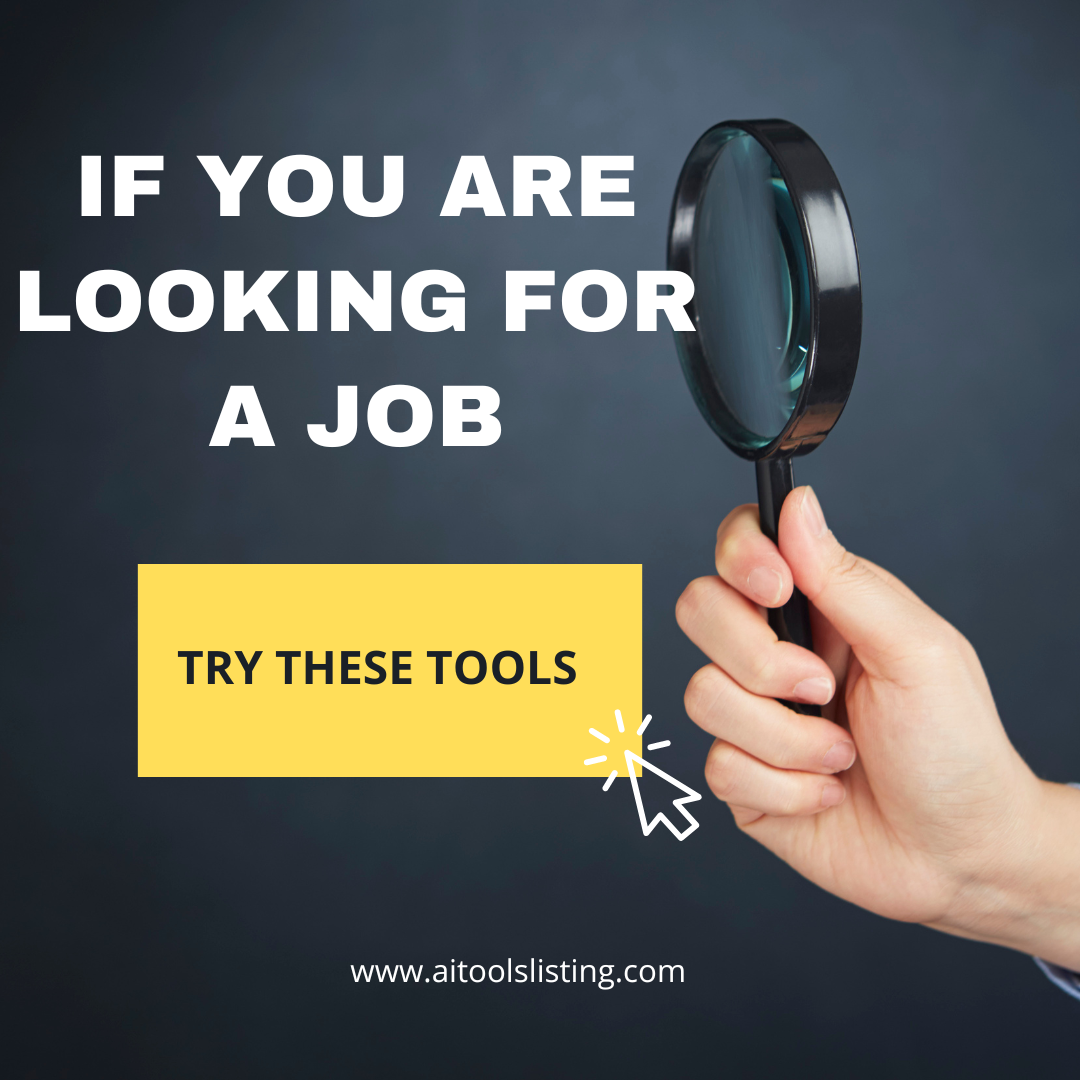Time management with AI tools
Mastering Time Management with Artificial Intelligence Tools
Time management is a critical skill for individuals and businesses to achieve productivity and success. With the advancement of artificial intelligence (AI) technology, there are now powerful tools available that can help individuals and organizations optimize their time management practices. Here are some ways to leverage AI tools for mastering time management:
- Task Automation: AI-powered tools can automate repetitive and time-consuming tasks, freeing up valuable time for more important activities. Utilize tools that can schedule meetings, send reminders, generate reports, and perform other routine tasks, allowing you to focus on higher-value work.
- Smart Scheduling: AI tools can analyze your calendar, availability, and priorities to suggest optimal schedules. These tools can take into account various factors such as meeting durations, travel time, and even your energy levels to help you plan your day effectively and make the most of your time.
- Personalized Productivity Insights: AI tools can track and analyze your work patterns, providing insights into how you spend your time. These tools can identify time-wasting activities, highlight areas for improvement, and offer personalized recommendations to boost productivity and efficiency.
- Distraction Management: AI tools can help you minimize distractions and maintain focus. They can block certain websites or apps during designated working hours, provide reminders to stay on task, and even monitor your digital behaviors to help you stay accountable and avoid time-wasting distractions.
- Intelligent Prioritization: AI tools can assist in prioritizing tasks based on their importance and urgency. By analyzing deadlines, project timelines, and task dependencies, these tools can help you identify the most critical tasks and allocate your time accordingly, ensuring that you stay on top of your priorities.
- Virtual Assistants: AI-powered virtual assistants, such as chatbots or voice-activated assistants, can help manage your tasks, appointments, and reminders. They can provide real-time updates, answer questions, and offer proactive suggestions, acting as your personal time management companion.
- Data-driven Decision Making: AI tools can analyze large volumes of data and provide valuable insights to support your time management decisions. By analyzing historical data, patterns, and trends, these tools can help you identify time-wasting activities, bottlenecks, and opportunities for improvement, allowing you to make data-driven decisions to optimize your time allocation.
- Collaborative Time Management: AI tools can facilitate team collaboration and coordination, streamlining the communication and planning process. These tools can provide shared calendars, collaborative project management platforms, and real-time updates, enabling teams to coordinate schedules, assign tasks, and manage deadlines efficiently.
Remember, while AI tools can significantly enhance your time management practices, it is essential to strike a balance and not become overly reliant on technology. It’s crucial to complement AI tools with good habits, discipline, and a proactive mindset. By combining the power of AI tools with your personal efforts, you can master time management and unlock your full potential for productivity and success.












